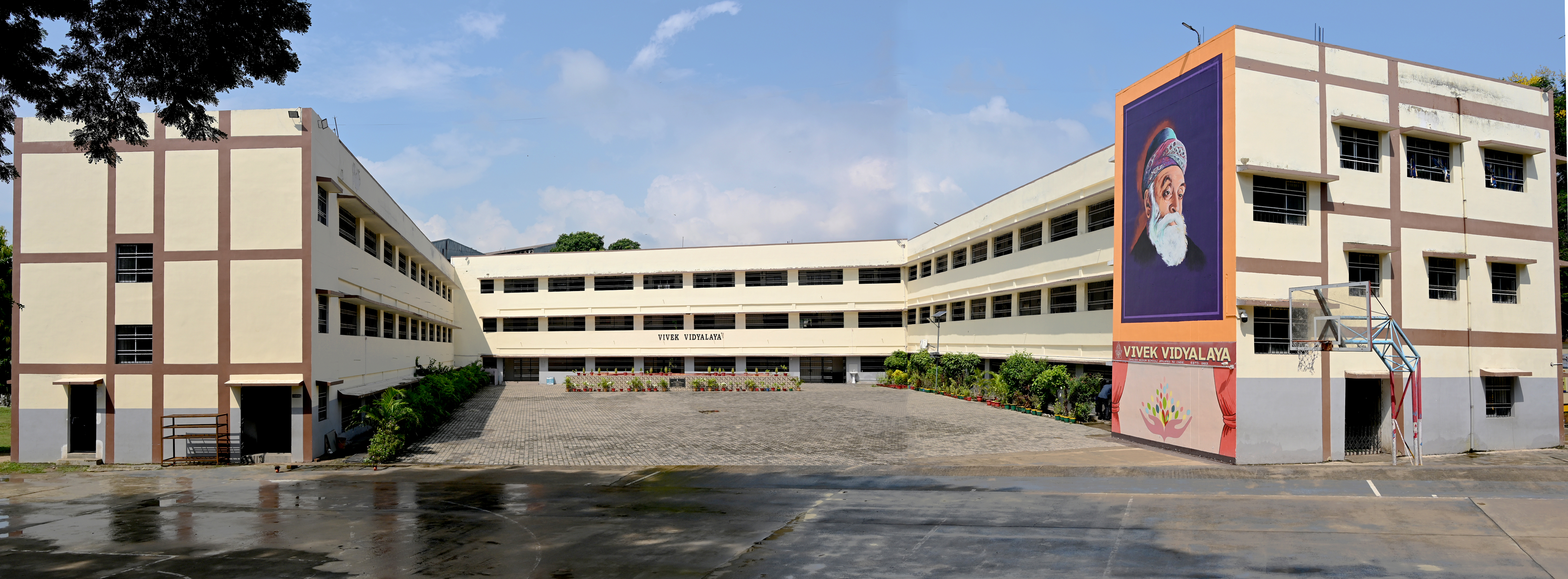The Power of Time Management in Studying
Time management is one of the most critical skills a student can develop for academic success. The ability to organize and prioritize tasks allows students to make the most of their study time and balance academic responsibilities with personal activities. A great starting point for effective time management is the use of a study planner or digital calendar. Students should map out their assignments, exams, and deadlines well in advance and allocate specific time slots for each task. Breaking larger tasks into smaller, manageable parts can make them seem less daunting and more achievable.
One time management technique that many students find helpful is the Eisenhower Matrix, which helps prioritize tasks based on their urgency and importance. Tasks that are both urgent and important should be tackled first, while less urgent tasks can be scheduled for later. This method not only helps students stay organized but also reduces procrastination, which can lead to stress and last-minute cramming. Additionally, students should avoid multitasking, as studies show that switching between tasks can decrease productivity and focus. Instead, they should dedicate their attention to one task at a time for better results
Another time-saving strategy is setting clear goals for each study session. By focusing on specific objectives, students are more likely to stay on track and complete their work efficiently. Incorporating breaks into study sessions is also vital. Taking regular breaks prevents mental fatigue, recharges energy levels, and helps students return to their studies with a fresh perspective. With proper time management skills, students can handle their academic workload with ease, improving both performance and well-being.
